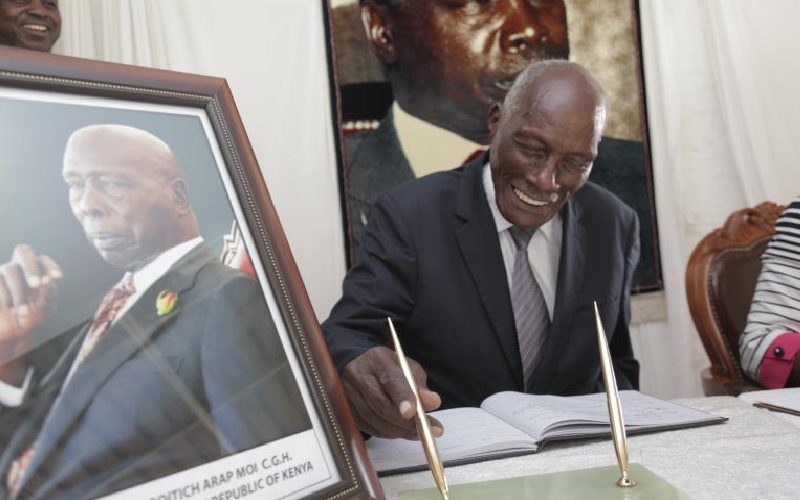×
The Standard e-Paper
Fearless, Trusted News

In December 1991, political history was made when President Daniel arap Moi repealed Section 2A of the Constitution, making Kenya a multi-party state.
Less than one year later, an emboldened farmer in Uasin Gishu named Jackson Kibor began agitating for his community’s rights.